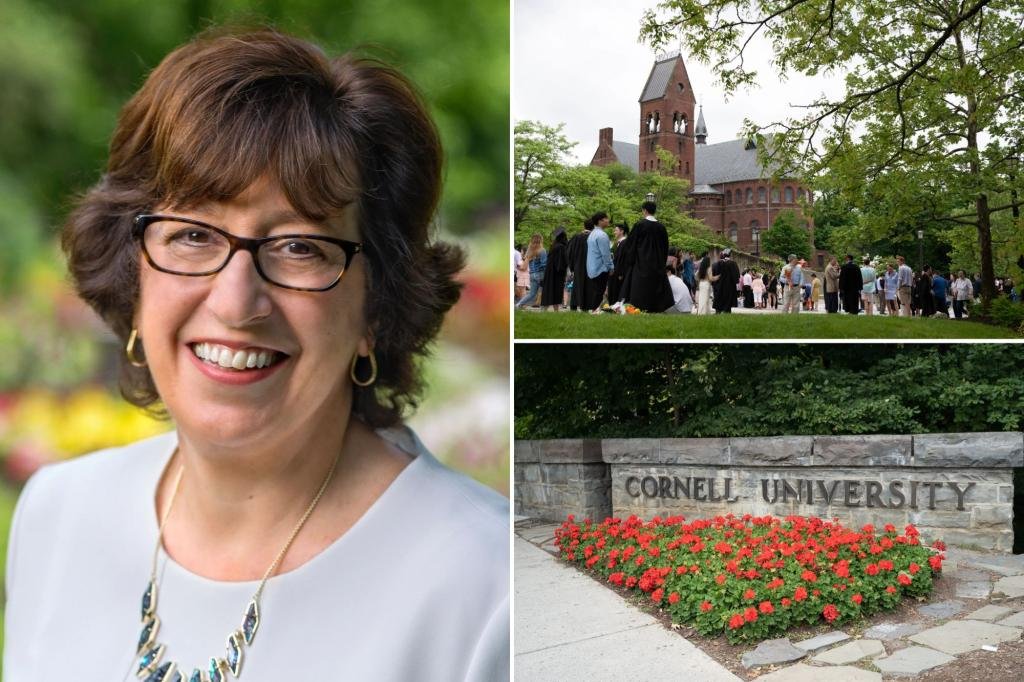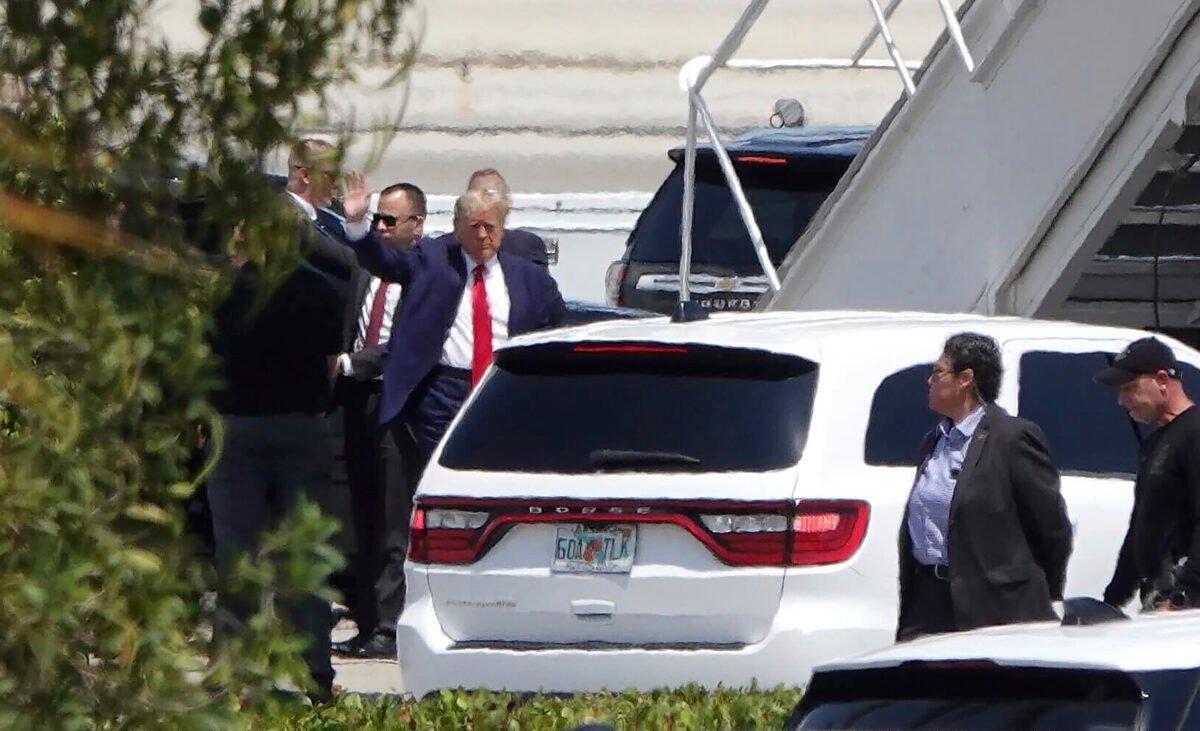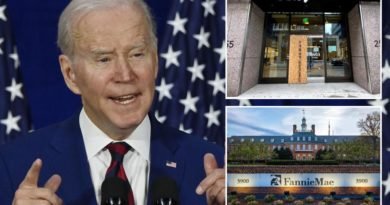Don’t buy Cornell’s PR baloney that it wants to ‘elevate’ free speech
A coalition of 13 university presidents, including Martha Pollack of Cornell, just launched a joint initiative to “elevate free speech” on campuses.
If you’re skeptical, so am I.
A closer look reveals a heavy helping of the usual buzzwords.
We’re told about the importance of “diverse communities” in “countering threats to democracy.”
The objective: “ensuring students are civically well-informed, productively engaged, and committed to democracy.”
All of which is great; none of which constitutes a bold stand for free speech.
It’s really just part of the empty PR campaign meant to deflect growing criticism of universities’ handling of academic-freedom concerns.
Cornell has proven particularly adept at signaling support for free expression without making any of the difficult decisions to defend it.
It named this academic year the “year of free speech,” only to promptly stock the steering committee with scholars who have a background in DEI, a dogma that runs directly counter to free speech by requiring faculty to pledge fealty to a political ideology.

We at the Cornell Free Speech Alliance have been calling on President Pollack to institute meaningful policy changes for two years.
While she has ignored us and refused our requests for meetings, we’re pleased that she has at least paid lip service to free speech with increasing frequency since our organization launched.
Nonetheless, the situation on campus remains dire.
The Foundation for Individual Rights and Expression has placed Cornell in the bottom 25% of universities in its commitment to free speech; its administrators, in the bottom 8%.
Media have found that 99.5% of Cornell faculty lend their financial support to the same political party — and I don’t have to tell you which party.

Associate Professor Randy Wayne, one of Cornell’s very few out-of-the-closet free-speech supporters, just earned the prestigious Courage in Education Award from The Steamboat Institute.
It’s proof that supporting free speech at Cornell is so daring it’s worthy of a national award.
The extreme one-sidedness has created a stifling intellectual monoculture that has manifested in high-profile incidents such as the removal of an Abraham Lincoln bust from the library, the shouting down of a conservative speaker and proposed policy changes that would make it easier to punish students for speech that others find objectionable.
This has had an effect on the university’s core mission of advancing knowledge and truth, including pushing the curricula toward political activism.
As has been extensively reported by faculty and students, the acute thought-orthodoxy on-campus has marginalized a great number of students, such that a stunning 87% report that they have self-censored an opinion.
Is it too late for Cornell to reverse these troubling trends? Not if it acts quickly and decisively.
CFSA just sent university leaders 20 recommendations to promote open inquiry at the school.
They include: adopting well-established academic-freedom principles, protecting the right to host and listen to outside speakers, fostering diversity of thought through admissions and hiring practices, guaranteeing due process for students and faculty accused of infractions and eliminating DEI course requirements and any other form of compelled speech.
None of these policies exist at Cornell, unlike at other universities of similar stature.
Worse, some existing Cornell policies run directly counter to academic freedom and may even present legal risks to the university.
In developing these recommendations, CFSA spent nearly two years gathering input from concerned faculty, students and alumni and met with major free-speech leaders like FIRE, Heterodox Academy and the Academic Freedom Alliance.

We sent our recommendations in good faith. Our hope is to work with the administration, not against it, which is why we included yet another request to meet with university leaders.
The joint initiative announced last week and statements of support for free speech from Cornell leaders may amount to a good start, but they are not enough to make meaningful changes to university culture.
That culture has slipped well beyond a point in which it can be repaired through free-speech seminars or milquetoast statements posted online.
If Pollack and other university leaders are serious, they’ll mount a major intervention on behalf of free speech at Cornell — one rooted in policy, not PR.
When they do, we’re here to help.
Steve Baginski, a Cornell graduate, is a member of the executive committee of the Cornell Free Speech Alliance.




